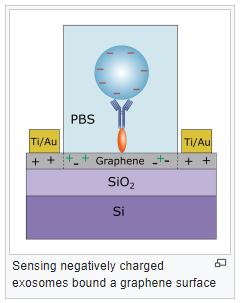Novel biosensors quickly detect coronavirus proteins, antibodies
- Posted By
10Pointer
- Categories
Science & Technology
- Published
3rd Feb, 2021
-
Context
- Scientists have developed new protein-based biosensors for faster detection of coronavirus or specific COVID-19 antibodies.
How do these biosensors function?
- These protein-based devices recognise specific molecules on the surface of the virus.
- They bind to them and then emit light through a biochemical reaction.
- When mixed with fluid from a nasal swab or blood sample, these protein sensors emit light within minutes.
- Antibody testing can reveal whether a person has had COVID-19 in the past.
- These sensors do not react to other antibodies that might also be in the blood, including those that target other viruses.
Biosensors
- These are devices used to detect the presence or concentration of a biological analyte, such as a biomolecule, a biological structure or a microorganism.
- Biosensor typically consists of
- Bio-receptor: enzyme/antibody/cell/nucleic acid/aptamer
- Transducer component:semi-conducting material/nanomaterial
- Eectronic system: signal amplifier, processor & display
- The bio-receptor uses biomolecules from organisms or receptors modeled after biological systems to interact with the analyte of interest.

